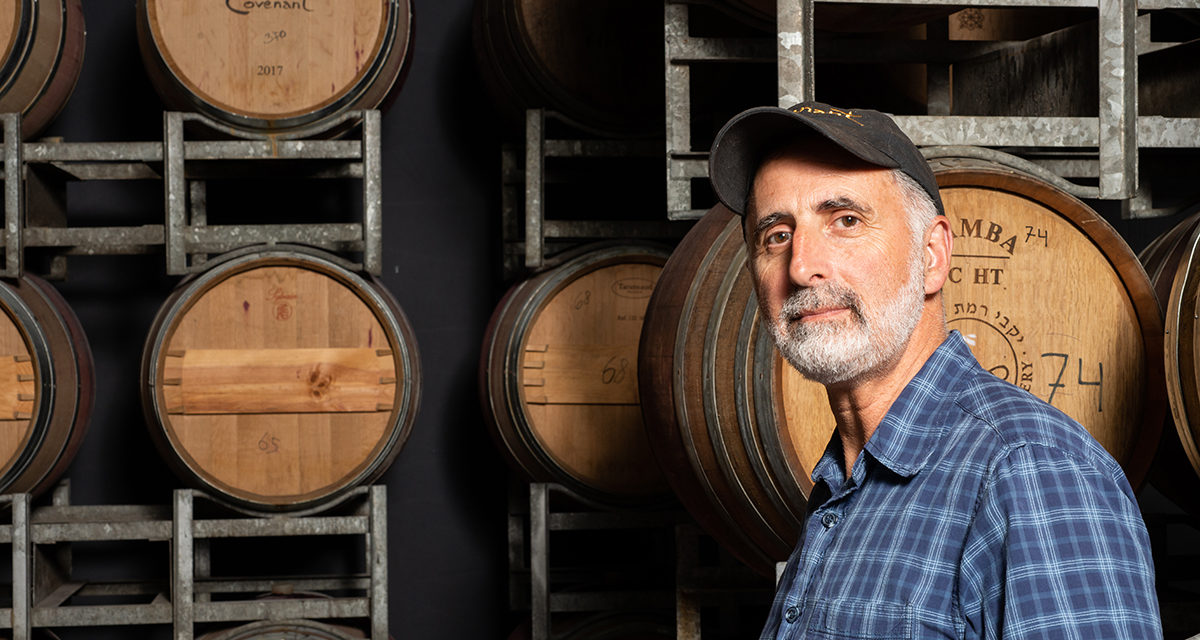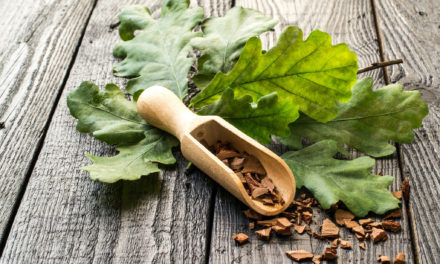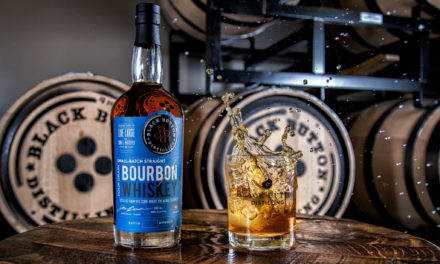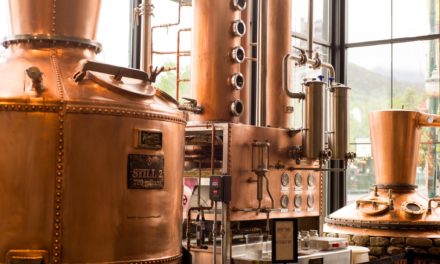Winemaker Jeff Morgan’s name is familiar to many in the wine industry. As a writer for Wine Spectator in its early days, he was forthright and honest, and he carried these qualities into his role as a winemaker. When he started SoloRosa, a brand dedicated entirely to rosé, he took more than a few arrows in the back for promoting a thing before it was a thing. But now he looks like a genius.
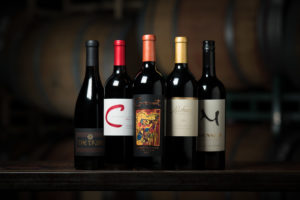
“Please stop describing my wines as kosher. That’s a cultural thing, not a viticultural thing.” —Jeff Morgan, Covenant Wines
More recently, he took on the challenge of making kosher wines. “My parents were, basically, atheists,” Morgan says. “If I have a Jewish lifestyle, it’s because of kosher wine. My wife’s parents weren’t observant, either. We started Covenant with Leslie Rudd [who, sadly passed, in 2018], as a dare—to see if we could make kosher wines as good as non-kosher wines.”
Covenant Wines were instantly well received, and the project has now grown to encompass six brands along with winemaking in Israel, where Morgan now spends a good deal of his time. One of his daughters lives in Tel Aviv and helps run the Covenant operation there.
So what makes a wine kosher? And, more important, kosher for Passover, which is an even more stringent designation? The secret, he says, is making wine just like people have done for thousands of years. The only difference is that, for a wine to be labeled kosher, it has to be made from start to finish by Sabbath-observant Jews. Kosher for Passover means it hasn’t come in contact with any of the grains or other food products forbidden during this holiday observance.
“Kosher is only important to those who are concerned with Jewish dietary laws,” says Morgan. “It’s a symbolic designation irrelevant to wine quality. The only thing that makes a wine kosher is who touches it in the cellar.”
Morgan wishes that people—especially somms—would ignore the kosher label and just taste the wine for what it is. “For much of the last 2,000 years, Jews couldn’t own land and couldn’t grow their own grapes. But they still had to make wine for Kiddush, the prayer said over wine on the Sabbath. When they came to America and landed in New York, they found all the grapes they could ever have wished for. Unfortunately, they were Concord grapes, really unsuited to making anything but very sweet, cloying wine. No wonder kosher wines got such a bad reputation!”
But things are changing. More and more good kosher wines are on the market now. Check out the Covenant lineup and prepare to be impressed. All Morgan’s wines are made with native yeast ferments, employing gentle practices that help keep tannins soft and eliminate the need for fining agents.
“Please stop describing my wines as kosher,” he pleads. “That’s a cultural thing, not a viticultural thing. Our history as Jews is the story. I like to think I’m making a wine that reflects our cultural heritage.”
Morgan wants to ensure you have the best wine possible at the Passover Seder, along with wines to toast the Sabbath every week. To that end, Covenant has a Kiddush wine club that delivers four bottles monthly, one for each Shabbat (Sabbath) dinner.
“But why wait for Shabbat?” he asks. “That’s like saying rosé is only for summertime drinking. Kosher wine is simply wine. It needs no special occasion.”

